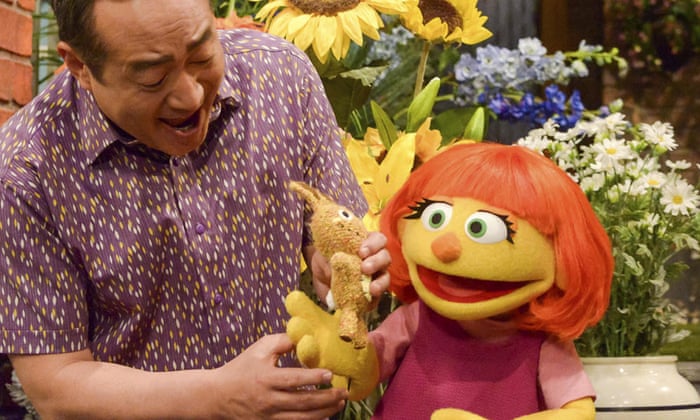It is commonly held that kids can be cruel, but it’s not a phrase I have ever used, largely because I regard it as a spectacular understatement. Children can be, and frequently are, awful, vile, contemptible and vicious, along with many other things that I cannot put in a family newspaper.
I learned this from growing up with a brother who has autism. There were a few exceptions, but in the large part the children in our village were not equipped to understand or accept abnormal behaviour, and so resorted to mockery and imitation – behaviour that, thankfully, my brother’s severe disability precluded him from being hurt by, though that didn’t preclude me being affected by it.
They would imitate the hooting noises he made and flap their hands, and there were frequent slurs of “mong”, “spaz” and “retard”. Even now, over a decade later, the use of the latter in casual conversation – often by otherwise kindly and affable people – feels like a punch in the gut.
My mother, who works as a supply teacher, tells me that things are much better these days, though there is no doubt that bullying continues. Children with autism and other special needs are treated with more kindness, she says, and accepted as part of the school community. No doubt this can partly be put down to an increase in diagnosis and awareness (one in 68 children in the US now has an autism spectrum disorder – ASD – diagnosis), but also, I think, the steady cultural acceptance that, in many aspects not limited to our brains, not everyone is born the same.
Which is why I am overjoyed that Sesame Street has introduced an autistic muppet, called Julia (who will be operated by a woman, Stacey Gordon, who has a son with autism). This has a personal resonance, because my brother adores the Muppets and Sesame Street, and I would have loved him when he was little to have been able to watch one of his favourite programmes and see aspects of himself reflected back.
I cannot profess to read his mind, but I know him well enough to be aware that this was something he was actively seeking. We always suspected that his fondness for cartoon The Raggy Dollslay in the fact that all the dolls are “defective” in some way, and live in a reject bin, which they sneak out of in order to have adventures. There’s Sad Sack, with his depression, Hi-Fi with his stammer, and Dotty with her spoiled clothes (not to mention Claude who is, er, French). “Don’t be scared if you don’t fit in,” the song went, “look who’s in the reject bin! It’s the Raggy Dolls, Raggy Dolls, dolls like you and me.”
The Raggy Dolls was a programme specifically designed to promote tolerance, kindness, and understanding of disabilities. In much the same way, Julia will not just help children with autism who watch it, but all children. It will help to enlighten them about specific behaviours. For instance, when Julia is introduced to Big Bird, she ignores him. He is upset, until the other Muppets explain that she just does things a little differently. Similarly, she jumps up and down when she is excited, but instead of excluding her the other children incorporate it into their games.
The Guardian, Rihannon Lucy Cosslett
Read the whole article here: Sesame Street - autism


No hay comentarios:
Publicar un comentario